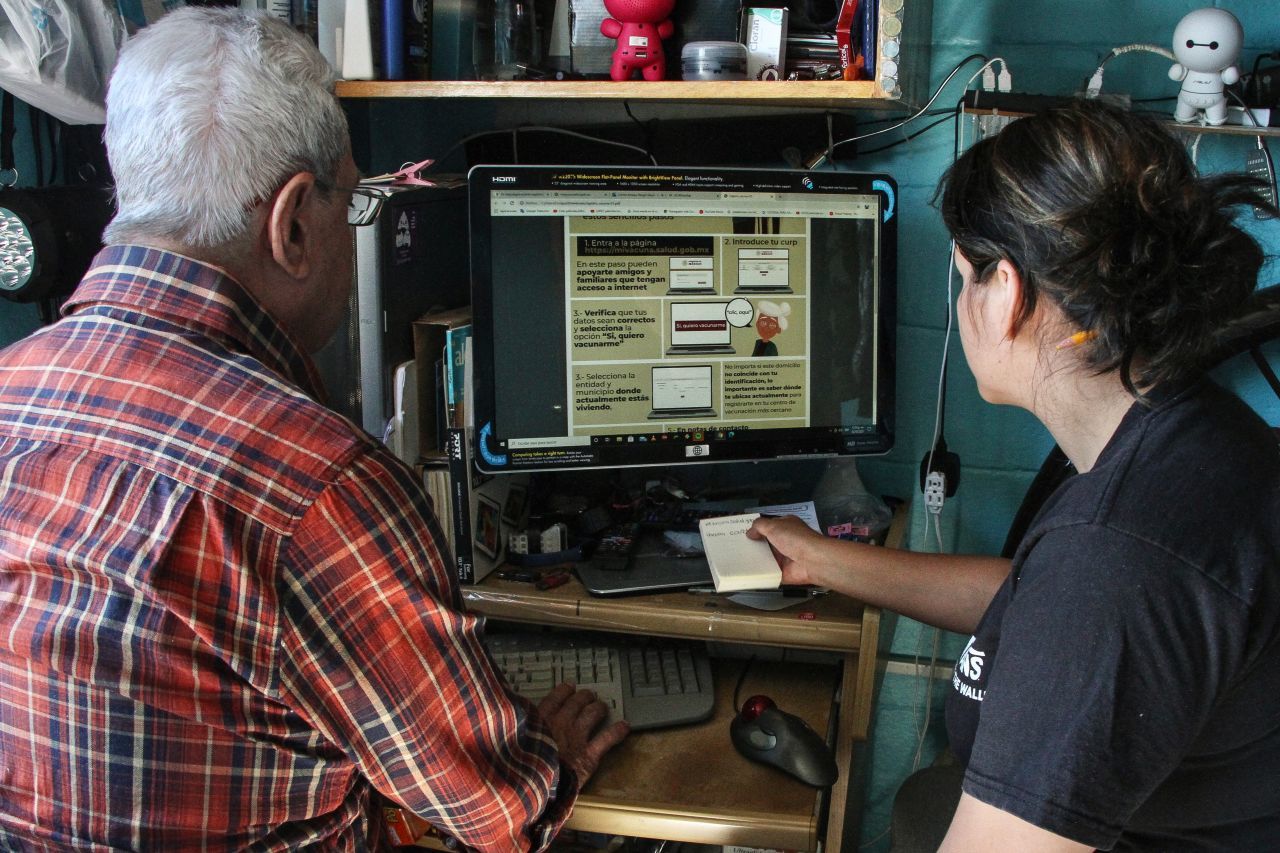With the pandemic, all people forced themselves to learn or put their technological skills into practice. However, it has happened differently in all generations, since it has not been the same for a Millennial, a technological native, as for an older adult to use zoom to talk with their family.
In that regard, Appgate, a cybersecurity company, analyzed how generational differences affect cybersecurity teams in companies. For example, 39% of millennials would pay a ransom for their data, to get back to work quickly, nine percentage points more than any other generation.
In addition to the increase in cyber threats, increased attack horizons, staff working remotely, resources scattered on premises and in the cloud, there is also a lack of qualified personnel, aggravated by early retirements, leading companies to see basic IT and security actions disappear.
“There are a large number of Baby Boomers, people over the age of 55, who left the labor market during the pandemic, which has an impact on companies as they are losing knowledge needed to integrate legacy platforms,” says David López, vice president of sales for Latin America at Appgate.

In this way, the company points out that some relevant aspects of how different generations think about cybersecurity and the risk they face can be highlighted.
Baby Boomers
Baby Boomers are the heroes of legacy technology. While employees may be ready to retire from the world of work, the technology they know doesn't go away with them. In addition, this generation has an emotional intelligence and work ethic that stands out among other age groups, which is why they are valuable to organizations.
Generation X
Gen-X are digital migrants that connect two generations. This segment of the workforce, between the ages of 40 and 55, plays a key role as a bridge between Baby Boomers and Millennials. Generation X is known for working independently and collaborating with anyone on their team. They have seen firsthand the transition from analog to digital and embraced new technologies, growing with mobile phones and email.

Millennials
Millennials are more likely to pay in case of ransomware. While they join cybersecurity they are well-educated, well-educated and love innovation, their relaxed attitudes and desire for rapid results have a unique effect on cybersecurity. An NTT report on cybersecurity and the next generation found that 39% of millennials would pay a ransom to get back to work quickly.
He points out that to create a complete security architecture (Zero Trust) it is necessary to mix legacy technology with modern technology. He points out that it takes several generations to create another cybersecurity model, from the variety of people who make purchasing decisions to the way security technologies are managed and maintained.
“What started with older technology, such as virtual private networks (VPNs), has given way to newer solutions, such as access to the Zero Trust (ZTNA) network, and this difficult change has passed through Baby Boomers, Generation X and Millennials,” Appgate notes.
KEEP READING
Últimas Noticias
Debanhi Escobar: they secured the motel where she was found lifeless in a cistern
Members of the Specialized Prosecutor's Office in Nuevo León secured the Nueva Castilla Motel as part of the investigations into the case

The oldest person in the world died at the age of 119
Kane Tanaka lived in Japan. She was born six months earlier than George Orwell, the same year that the Wright brothers first flew, and Marie Curie became the first woman to win a Nobel Prize

Macabre find in CDMX: they left a body bagged and tied in a taxi
The body was left in the back seats of the car. It was covered with black bags and tied with industrial tape
The eagles of America will face Manchester City in a duel of legends. Here are the details
The top Mexican football champion will play a match with Pep Guardiola's squad in the Lone Star Cup

Why is it good to bring dogs out to know the world when they are puppies
A so-called protection against the spread of diseases threatens the integral development of dogs



